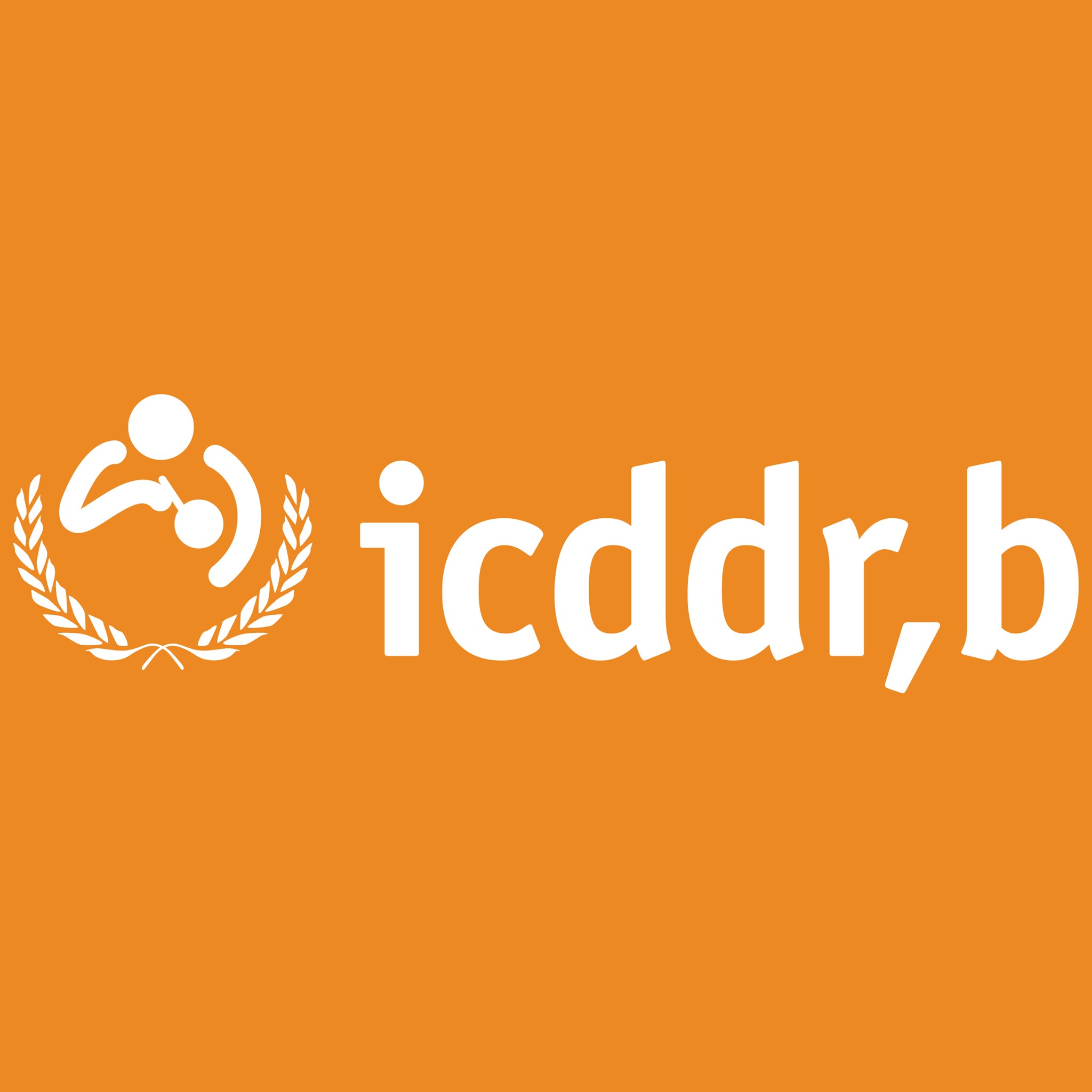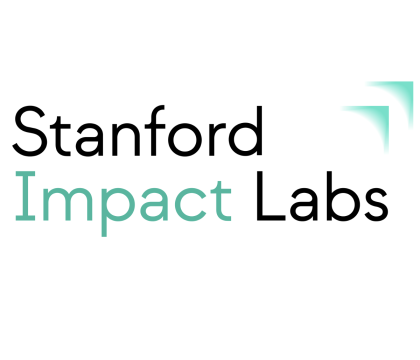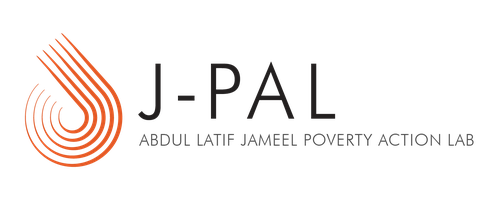The Challenge
Brick kilns are a key component of the global construction industry, yet they pose significant challenges by contributing to climate change, air pollution, and socioeconomic disparities.1 Despite being a key source of employment in Bangladesh, the industry commonly relies on bonded and forced labor, often involving migrants.2 A survey conducted as part of this study shows that at nearly 50 percent of kilns, at least one in six workers meets the U.S. government’s criteria for labor trafficking—across seven domains: recruitment, employment practices, personal life and property, degrading conditions, freedom of movement, debt and dependency, and violence—and adult workers report child labor at more than 70 percent of kilns.
Zigzag kilns, which utilize a unique design to redirect airflow and alter the way coal is loaded, have the potential to reduce carbon emissions and increase profitability when operated correctly. However, their successful implementation requires significant changes in how work is organized and performed—changes that rely on the cooperation and motivation of workers. Yet, kiln owners often underinvest in improving working conditions or engaging workers due to perceived costs and weak external incentives.
The Intervention
Funded by IPA’s Human Trafficking Research Initiative (HTRI), researchers conducted a randomized evaluation to measure the impact of training and encouraging kiln owners to implement strategies that incentivize workers to adopt these improved zigzag kilns and practices. The study involved 246 brick kilns across 6 districts in the Khulna Division of Bangladesh,3 which were randomly assigned to one of the following groups:
- Technical intervention: This group received information, training, and technical support to promote the adoption of operational improvements at kilns.
- Technical intervention + incentive information: This group received the technical intervention. Kiln owners in this group also received information on how to positively motivate workers to adopt operational improvements by providing financial incentives and improved work amenities, including specific examples of successful strategies implemented at similar kilns.
- Comparison group: This group did not receive any intervention.
The Results
Overall, increasing productivity and adopting new technology did not reduce labor exploitation in these brick kilns. Neither intervention produced clear or reliable reductions in labor trafficking or child labor, even though the technical intervention substantially increased kiln productivity and revenue. The combined technical + incentive information approach initially appeared to reduce child labor, but the effect was small and not statistically significant after further analysis, meaning it could have occurred by chance. Similarly, higher productivity was not associated with improvements in labor trafficking or child labor indicators.
The interventions also did not lead to better general working conditions—such as providing protective equipment, improved housing, or better meals—even though these were highlighted as potential benefits in the technical + incentive information approach.
These findings differ from patterns commonly observed in non-coercive labor markets, where productivity gains often translate into higher wages and improved living standards for workers.
Policy implications
Effective strategies to reduce coercive labor and child labor in environments with weak regulatory enforcement and state capacity like brick manufacturing may require approaches that are aligned with the incentives of private business owners. However, the findings suggest that absent more focused interventions such as directly engaging kiln owners to provide protective gear or limiting employment of minors, technological progress and productivity gains may do little to directly reduce labor exploitation in poorly regulated markets.
Sources
1. Cambrie Ball, “The Harmful Effects of Living in Brick Kiln Communities in the South Asia Region,” BYU Ballard Brief, 2024, https://ballardbrief.byu.edu/issue-briefs/the-harmful-effects-of-living-in-brick-kiln-communities-in-the-south-asia-region
2. International Labour Organization. "Environment, Human Labour, and Animal Welfare – Unveiling the Full Picture of South Asia's Brick Kilns and Building the Blocks for Change." Geneva: ILO, 2017.
3. Chuadanga, Jashore, Jhenaidah, Khulna, Kushtia, and Narail Districts
Implementing Partner

Funding Partners















